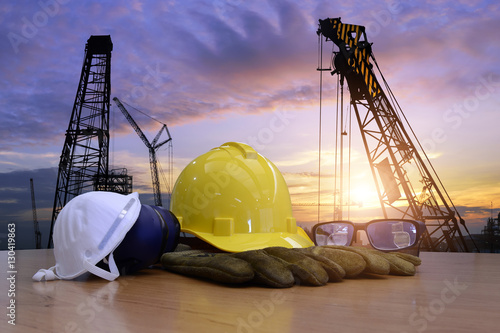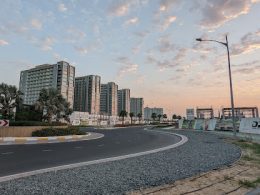Introduction
Living near a construction zone can be a challenging experience, with potential disruptions ranging from noise and dust to property damage. However, as a property owner or resident, you have rights and options to address these issues and protect your interests. In this article, we’ll explore your rights when dealing with construction activities near your property and Rights Dealing With Nearby Construction how to effectively manage potential challenges.

Understanding Your Rights in Construction Zones
Construction projects, whether residential, commercial, or infrastructure-related, can impact your daily life and property. Familiarizing yourself with your legal rights can empower you to take appropriate action and ensure that your concerns are addressed.
Navigating Noise and Disturbances
- a. Permissible Hours: Construction noise is often regulated by local ordinances that specify permissible working hours. Know the designated hours during which construction activities are allowed and communicate with authorities if those hours are being violated.
- b. Noise Abatement Measures: Construction companies are often required to implement noise abatement measures, such as using sound barriers or limiting noisy equipment during certain times. If noise disturbances persist, you can report violations to relevant authorities.
Property Damage and Protection
- a. Pre-Construction Surveys: Before construction begins, consider conducting a pre-construction survey of your property to document its condition. This can help identify any changes or damages caused by nearby construction.
- b. Protection Measures: Builders and developers are typically responsible for taking precautions to protect neighboring properties from damage. If you notice property damage resulting from construction activities, document the issues and contact the responsible parties.
Managing Potential Health and Safety Concerns
- a. Dust and Air Quality: Construction sites can generate dust and particulate matter that may affect air quality. If you have health concerns related to dust exposure, consider installing air filtration systems or using protective measures.
- b. Safety Hazards: If you believe construction activities pose safety hazards to you, your family, or your property, communicate your concerns to the construction company and local authorities. Your safety should be a priority.
Legal Recourse and Seeking Compensation
- a. Nuisance Laws: If construction activities are significantly interfering with your use and enjoyment of your property, you may have recourse under nuisance laws. Consult with a legal professional to explore your options.
- b. Property Damage Claims: If your property sustains damage due to construction, you may have grounds to seek compensation for repairs or restoration. Document the damages and consult legal experts for guidance on filing a claim.
Open Communication with Developers and Authorities
- a. Engage in Dialogue: Establish open communication with the construction company or developers. Express your concerns and work together to find solutions that mitigate disruptions and address your needs.
- b. Local Government and Authorities: If your concerns are not adequately addressed, reach out to your local government officials or relevant authorities responsible for overseeing construction activities. They can help mediate disputes and enforce regulations.
Conclusion
In conclusion, while dealing with nearby construction can be challenging, understanding your rights and options empowers you to protect your interests and maintain a reasonable quality of life. By addressing potential nuisances, property damage, health concerns, and safety hazards through open communication, legal recourse, and collaboration with relevant parties, you can navigate the complexities of construction zones while safeguarding your property and well-being.












